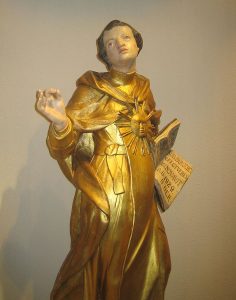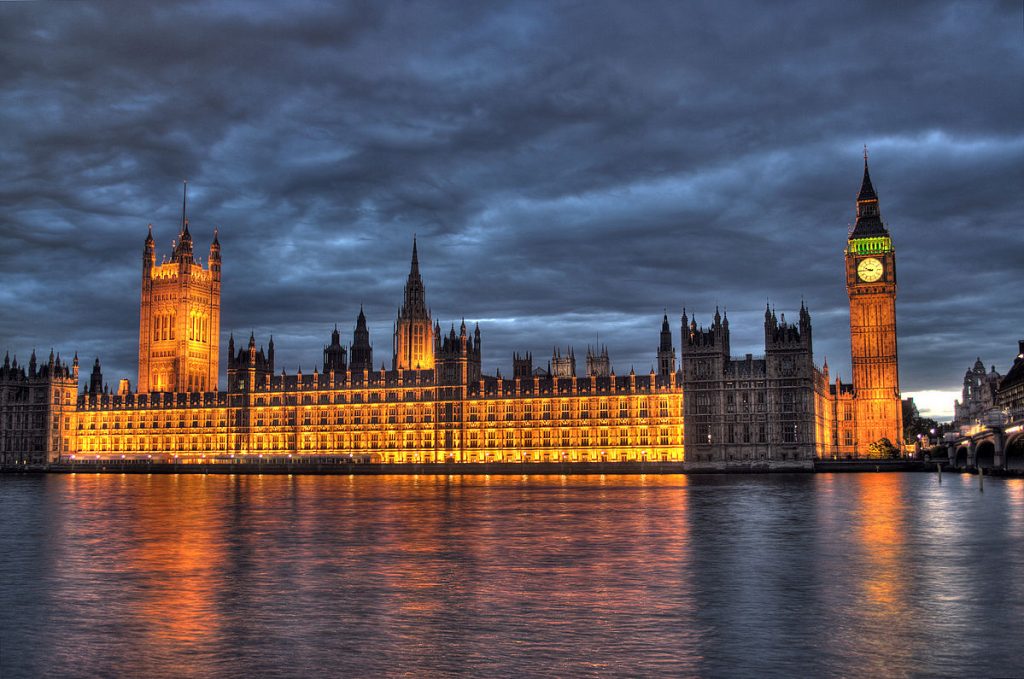The Enlightenment was a period of history from 1715 to 1789. What took place was a revolutionary intellectual movement, where new ideas centred on reason became prominent, and old ideas were challenged. Many ideas that became popular then are the ideas much of western civilisation is now based on. Enlightenment thinkers were keen on the scientific method, and reductionism, and questioning religious dogma. This is a list of 10 ideas that were born from the Enlightenment or popularised during it.
Rationalism
Rationalism is the idea that the greatest source of knowledge is rational thought and reason. Rationalists believe that the universe has a logical structure. Rationalism is also a method of finding the truth through deduction and logic rather than using the senses. Rationalists like Descartes said “I think therefore I am”, by using deduction he worked out that he must exist, and did this without needing any of the senses. Descartes saw this as a principle to base all other forms of knowledge on. Other famous Rationalists include Gottfried Leibniz, Immanuel Kant, and Baruch Spinoza. Rationalism was at war with Empiricism which disagreed fundamentally.
Tl;dr Knowledge is primarily based upon logic and reason.
Empiricism
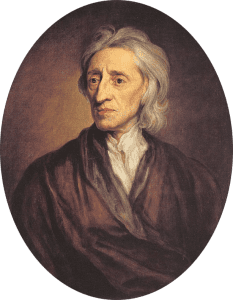
Empiricism is the idea that the senses are the best source of knowledge, and that knowledge comes primarily if not only, from knowledge. The Theory posits that evidence is important when trying to create ideas, and that it is more important than innate ideas or traditions. Any idea should be tested against things we can sense in the real world, and that it’s less effective to try and base ideas on only reasoning, intuition or revelation. They believe that experience creates knowledge. Empiricism also guides the scientific method, which relies on evidence to prove hypotheses.
Tl;dr Knowledge is based upon sensory experience.
Liberty

Two concepts of liberty became prominent during the Enlightenment. Philosophers like Thomas Hobbes claimed that freedom is the ability to achieve what you can through your own talent without anything getting in your way. Philosophers like John Locke had a more complicated definition “In the state of nature, liberty consists of being free from any superior power on Earth. People are not under the will or lawmaking authority of others but have only the law of nature for their rule. In political society, liberty consists of being under no other lawmaking power except that established by consent in the commonwealth. People are free from the dominion of any will or legal restraint apart from that enacted by their own constituted lawmaking power according to the trust put in it.“
Tl;dr Freedom is either based on the lack of obstacles, or freedom is based on the rights you have within a commonwealth.
Constitutional Government
A constitutional government is one that is governed by a set of principles or rules which they must follow. Governments without rules like absolute monarchies are prone to corruption and tyranny, a constitution helps to protect the public from the government. Most free societies have constitutional governments.
Tl;dr Governments governed by rules.
Progress

Progress is the idea that progression in technology, science, and society can improve peoples lives. And that this progress can be achieved only when humans put in the time and effort necessary to achieve that progress, and that the rate at humans progress isn’t controlled by god. The intellectuals of the Enlightenment were optimistic about technological and scientific progress, believing that it would significantly improve human quality of life, however the devastating effects of technology in World War One and World War Two, led some to be more pessimistic about technology. Nicolas de Condercet correctly predicted that due to progress, slavery would disappear, poverty would lessen, and the inequality between the sexes would lessen as well.
Tl;dr Scientific and technological progress is good.
Social Contract Theory
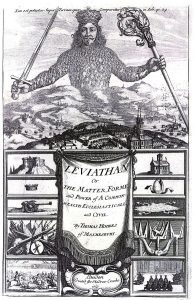
Social contract theory attempts to answer the question of how societies originated. According to this theory individuals chose to give up some their freedom and submit to the authority of a ruler, magistrate, or majority rule. They do this in order to gain rights that will be protected by the authority. People either agree to this explicitly or agree to it by not objecting to the system they find themselves. Hobbes posited that social contracts are necessary because without them human beings would be in a “state of nature” where there are restrictions on freedom, and therefore people would have the freedom to rape, murder and steal. He described it as being “solitary, poor, nasty, brutish and short”.
Tl;dr Humans form contracts with each other to avoid anarchy, and gain rights.
Separation Of Church And State
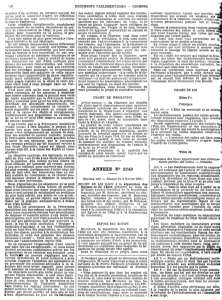
The separation of church and state is the idea that government should be secular, and not governed by a church or similar institution. The term separation of church and state goes back to Thomas Jefferson who wrote “wall of separation between church and state”, in a letter to the Danbury Baptist Association. One of the most influential philosophers on this concept was John Locke who believed that the individual conscience was something that couldn’t be submitted to an authority.
Tl;dr Government should be secular
Utilitarianism
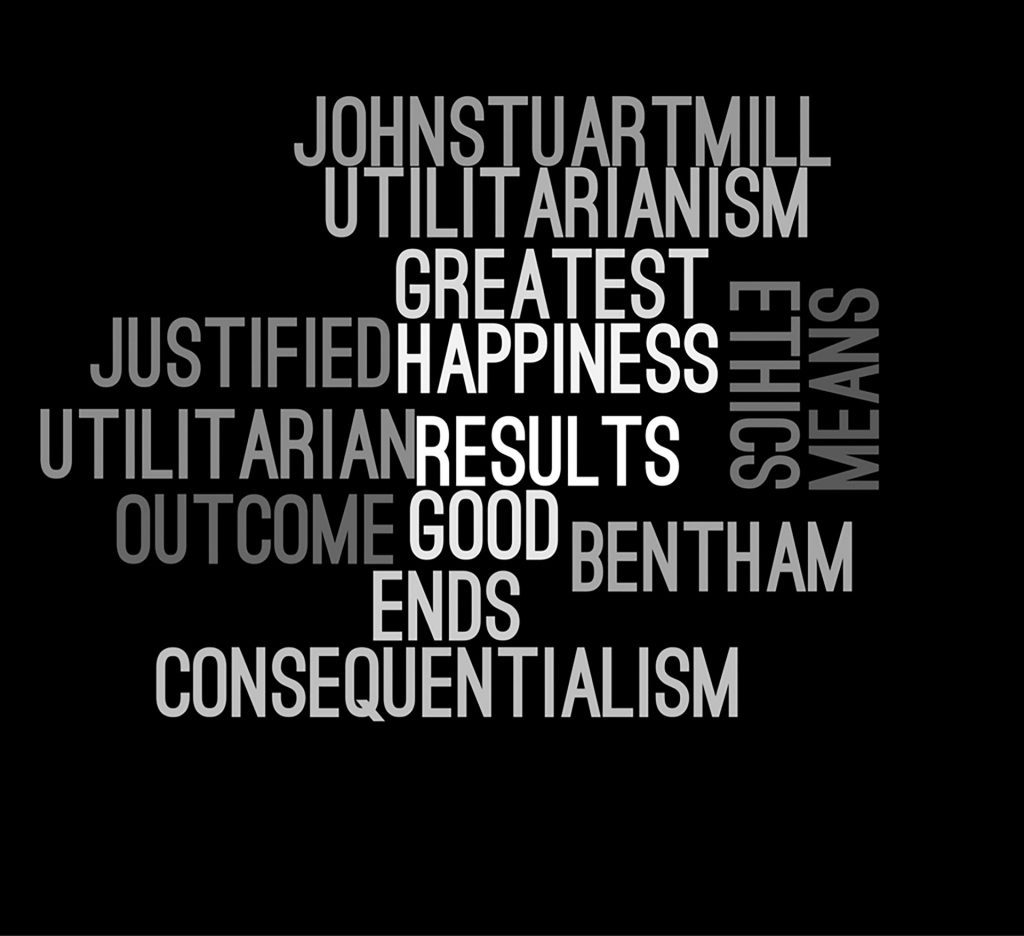
Utilitarianism is the idea that the best possible course of action is the one that maximises what’s known as utility. Utility is defined as what’s best for the well being of sentient entities. There are multiple definitions of utility however. The original definition of utility is the sum of all pleasures that results from an action, minus the suffering of those involved. Utilitarianism is one of the most influential theories on morality from the enlightenment. Famous Utilitarians include Jeremy Bentham, John Stuart Mill, Henry Sidgwick, Richard Mervyn Hare, Peter Singer.
Tl;dr An action is moral if it contributes to overall human happiness.
Deism
Deism is a belief in god but not in any organised religion. Deist believed that god exists but that he does not interfere in human life. They scoff at the idea of divine revelation and believe that truth and knowledge come from logic and reason. Deists are often people who were raised to be a part of an organised religion like Christianity, or Islam but grew to dislike organised religion, and so became deists instead. Although deism has existed for a long time it was popularised by the Enlightenment. Deists during this time were cold deists who didn’t believe that god intervened in human life whatsoever, but in the modern day deists are split between warm, and cold deists. Warm deists believe that god intervenes a little bit.
Tl;dr God exist but doesn’t interfere
Democracy

Support for democracy flourished under the enlightenment, and very few people in the western world support an undemocratic system because of this. In most democracies the public elects representatives to make laws and govern in their stead, and with their best interests at heart. There are many different types of democracy that exists, and many of them came about during the Enlightenment. For example in 1707 Britain gained it’s first Parliament. The first democracy appeared in Athens in the 5th century BC. The word democracy is an antonym to aristocracy.
Tl;dr Democracies are popular due to the enlightenment.



